The pleading face of your pet can easily fail the test of resistance when it comes to treat time! Who doesn’t love a treat? Your pet, as you may know, is no different when it comes to the pleasures of a treat or anything apart from the regular diet. Variety indeed is the spice of life and positively adds just the right amount of flavour to it! But as tempted as you may be to switch up your pet’s diet, you must bear in mind a few items that are an absolute no-no! What may be a good change for you, can actually be fatal to your dog. Thus, steer clear off these 10 items:
1. Alcohol and Tobacco
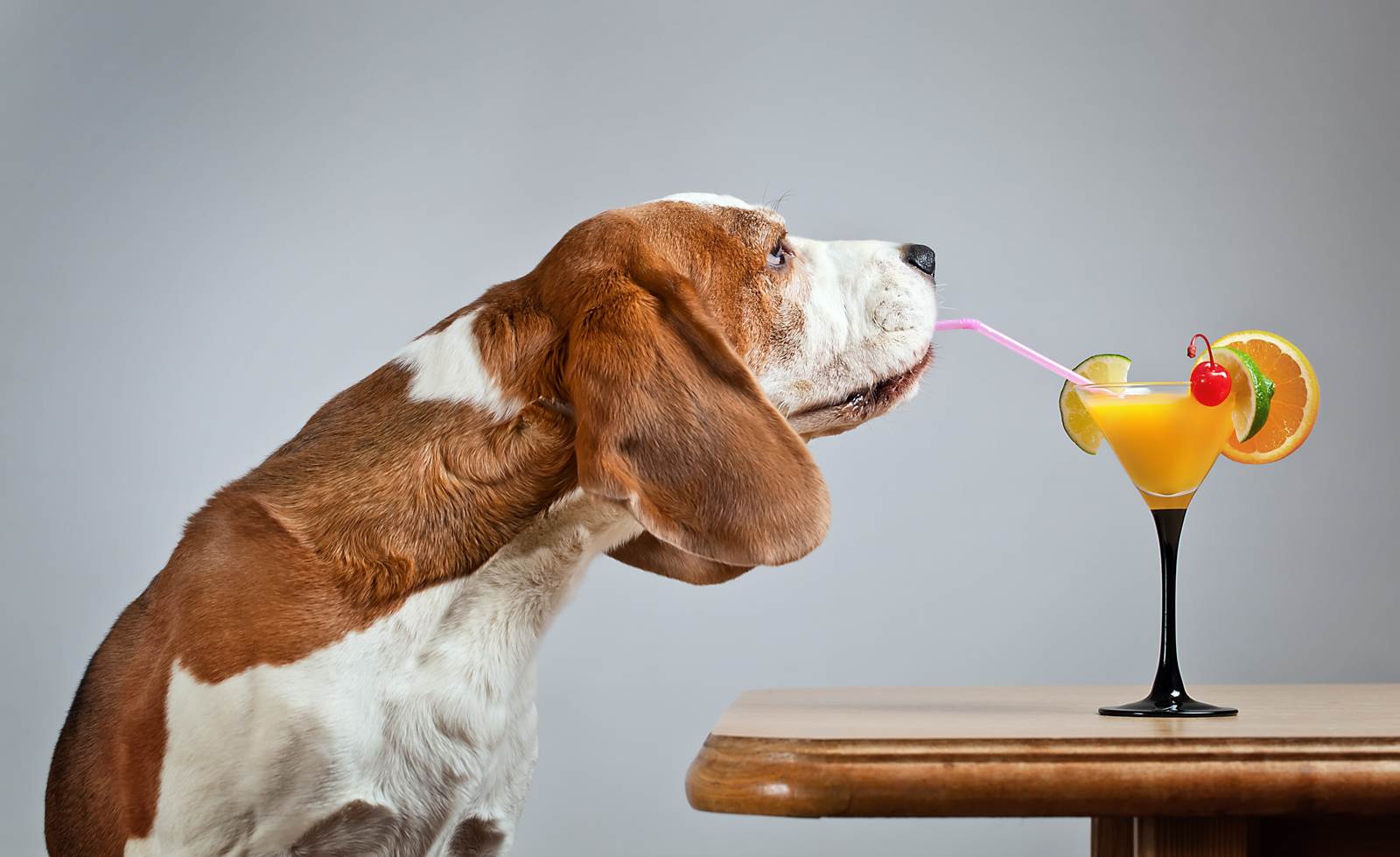
High spirits are only for you!
This one’s a no-brainer, isn’t it?! Well, yes if you are imagining your dog being your future drinking buddy! But by this we mean, you have to be mindful even about food items that may have little alcohol content in it. You may not have the deliberate intention of getting your dog drunk but for all you know there’s some spilt alcohol somewhere that your dog has been licking away! Alcohol causes immediate liver failure in dogs. Likewise, tobacco can cause nicotine poisoning in pets due to the presence of a noxious chemical in it. Hence, conscious disposal of cigarettes, nicotine gums or e-cigarette liquids is an absolute must!
Dogs are highly sensitive to the effects that intoxication causes and may experience difficulty in breathing, diarrhoea, vomiting, coma and even death!
2. Xylitol
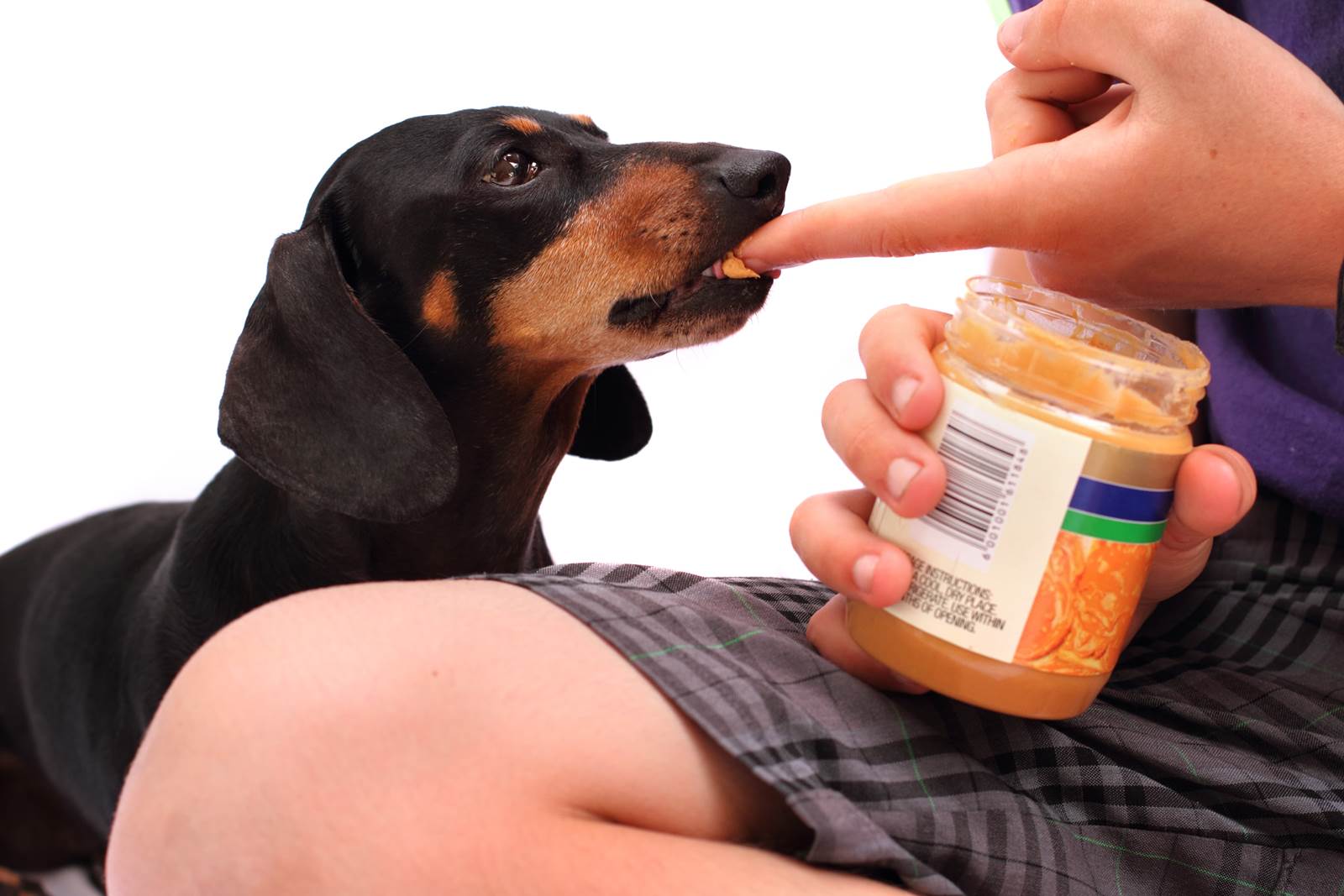
Danger in a sweet disguise
Used to substitute sugar, Xylitol is again a kind of alcohol made from sugar. It can be found in most of the products that we use every day, from toothpaste, candies that you or a guest may be tempted to offer your pet, to “sugar-free” chewing gum. It causes your dog’s blood sugar to drop and is also reported to have caused liver failure. Some other most common xylitol products include peanut butter, fruit drinks, jellies, jams, cereals, baked goods, and over-the-counter vitamin supplements.
3. Avocado
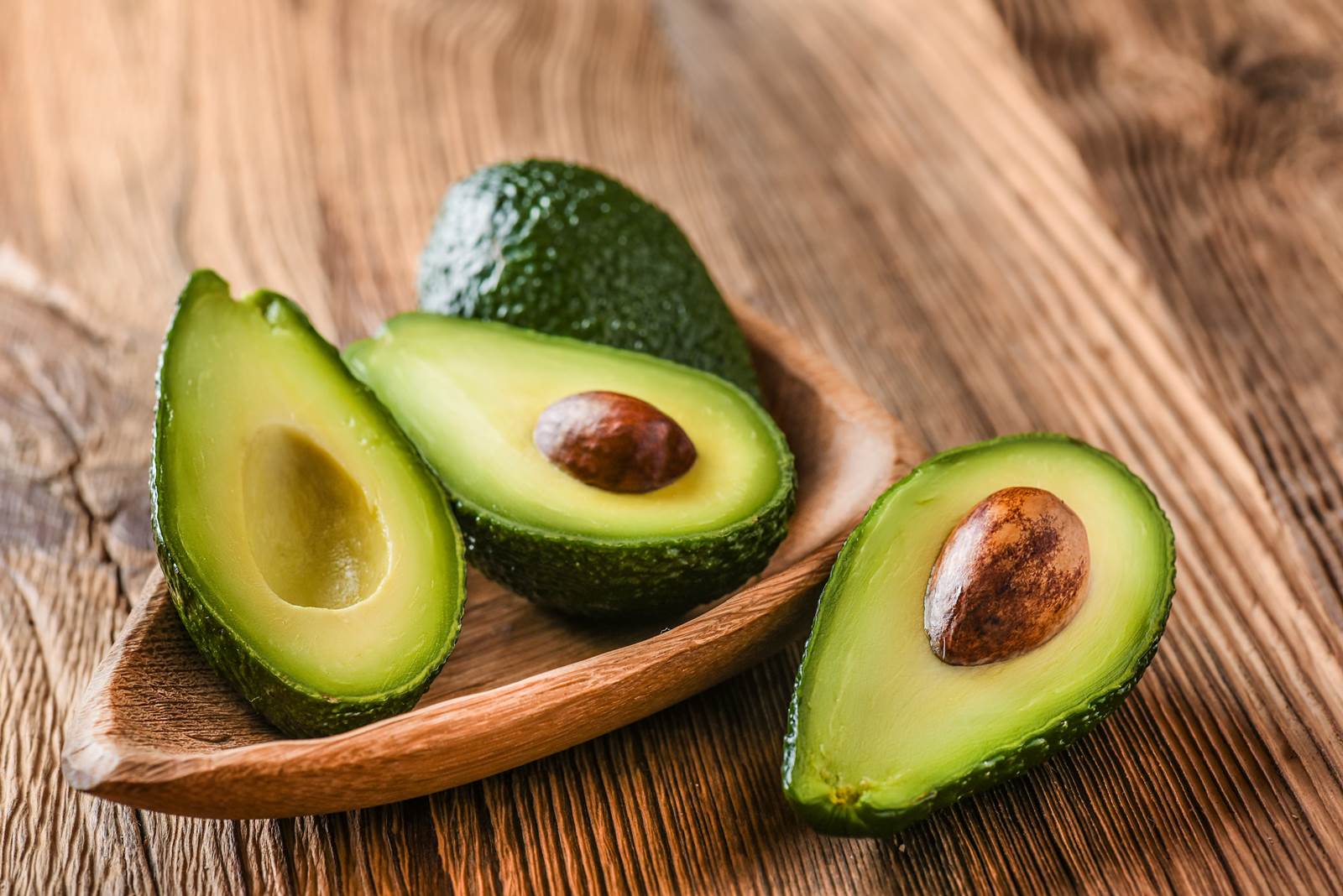
To be limited to human consumption!
While this super-food has myriad benefits to us humans, it is possibly the worst thing your pet could be fed! Comprising of a component called persin, a fungicidal toxin that causes grave upsetting of the stomach, avocados should be limited only to human consumption!
4. Coffee and Caffeine
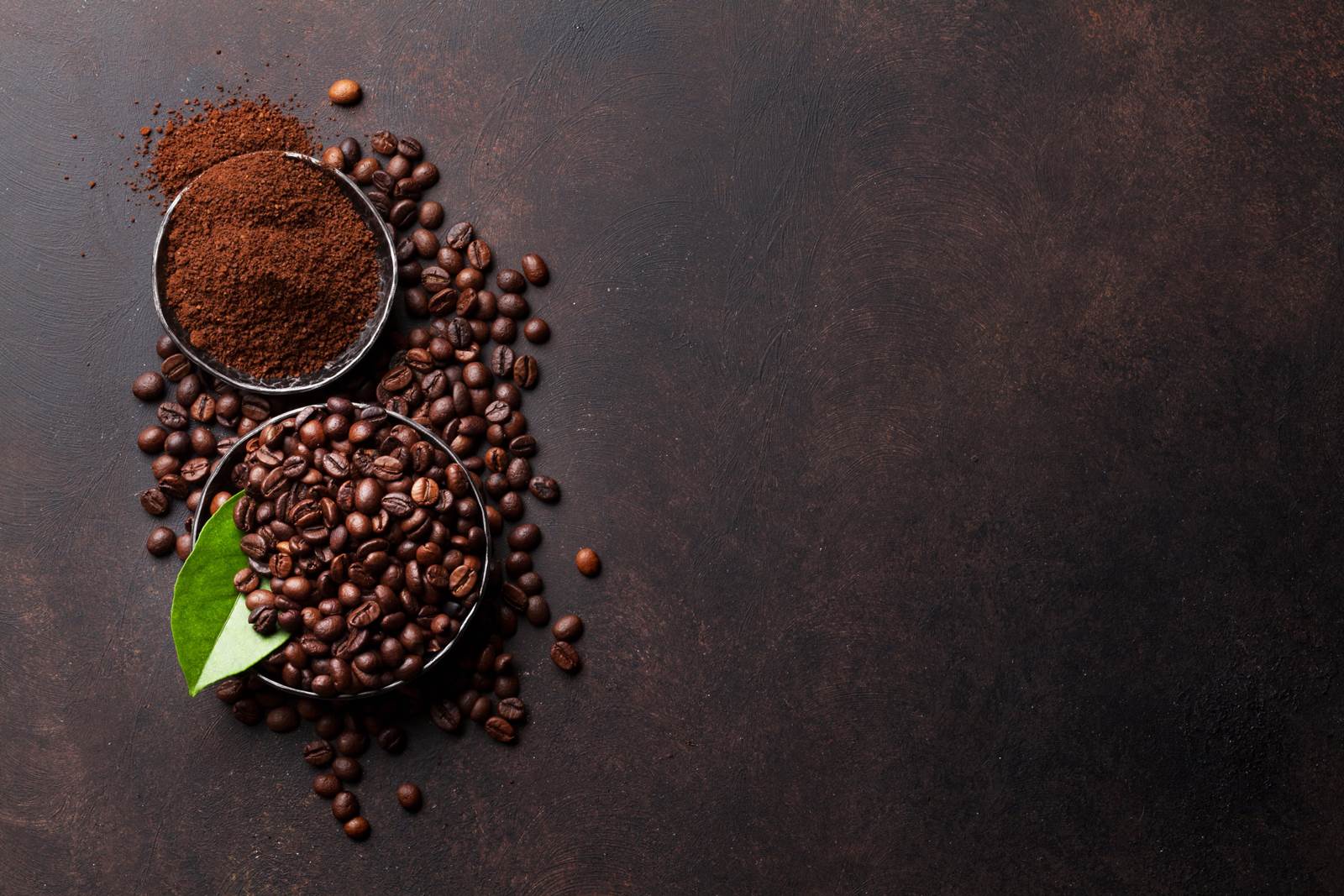
Toys > coffee
Caffeine is extremely harmful for your pet. From heart palpitations to muscle tremors, you cannot even imagine what your four-legged family member can go through should it be offered the last bit of your cold macchiato! If your objective is to have your pet get up and about, toys surely do a better job!
5. Citrus
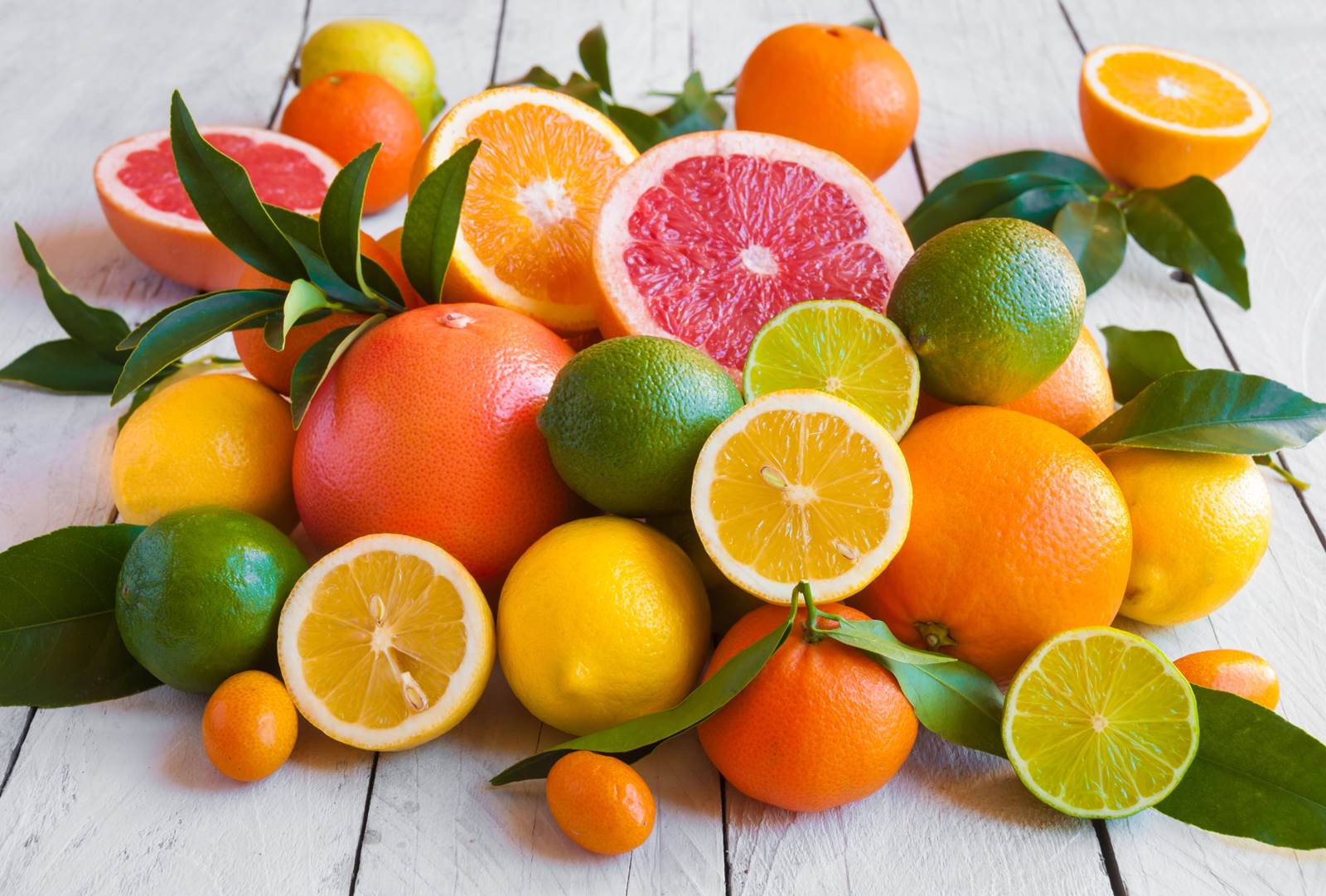
Steer clear!
Central nervous system depression and indigestion are some of the most common causes for casually feeding your pet some citrus. Not just the fruit by itself but even its stems or leaves should not be fed at any cost to your pet. While this is the outcome of a large dosage, even a small unattended ingestion can cause an upset stomach.
6. Grapes and Raisins
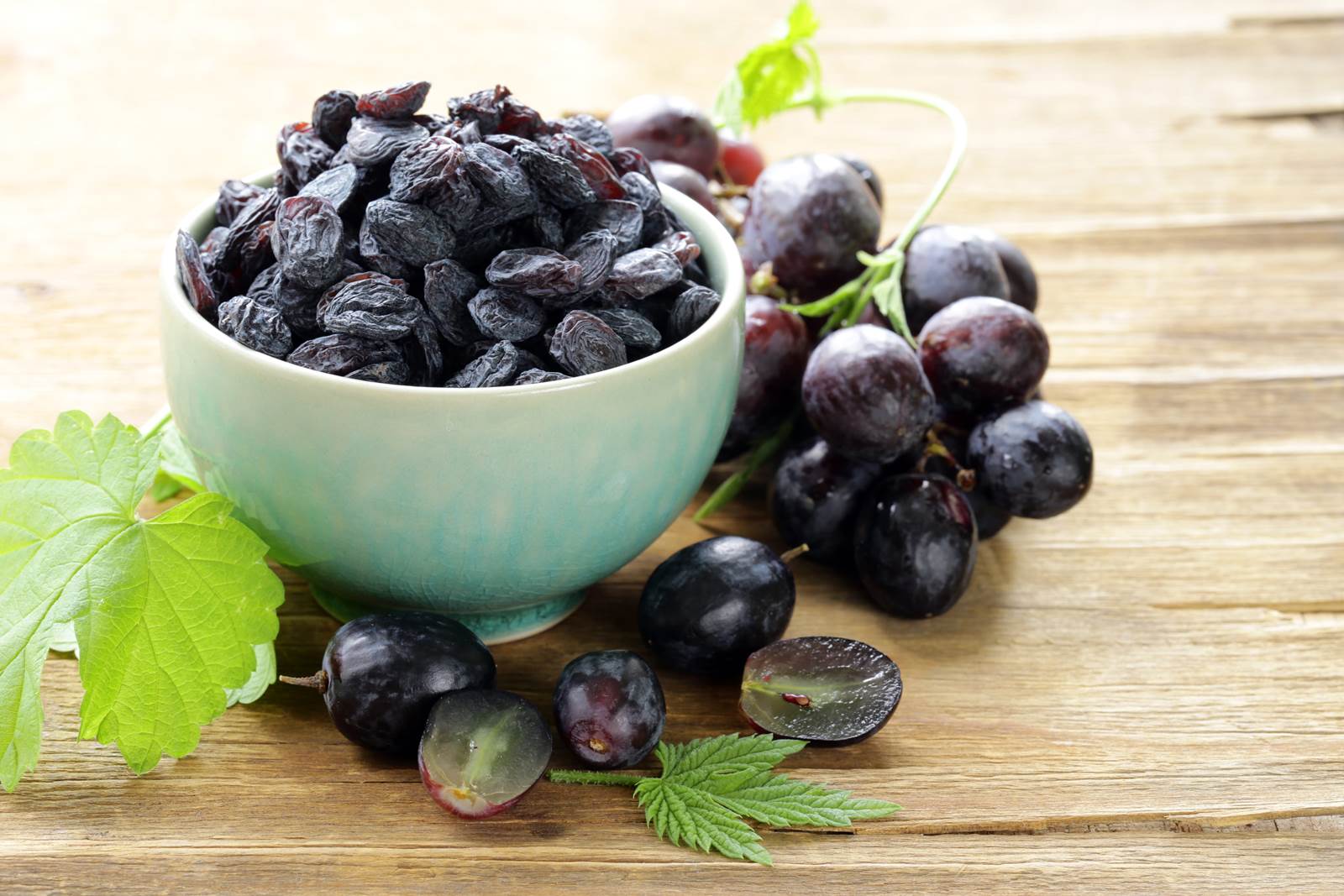
Nature's candy but poison for your pet
Nature’s candies can be a good snack for us humans on the go, but not a wise choice for your pet. Grapes can have a poisoning effect on your pet that may lead to anything from depression and lethargy to kidney failure!
7. Macadamia Nuts
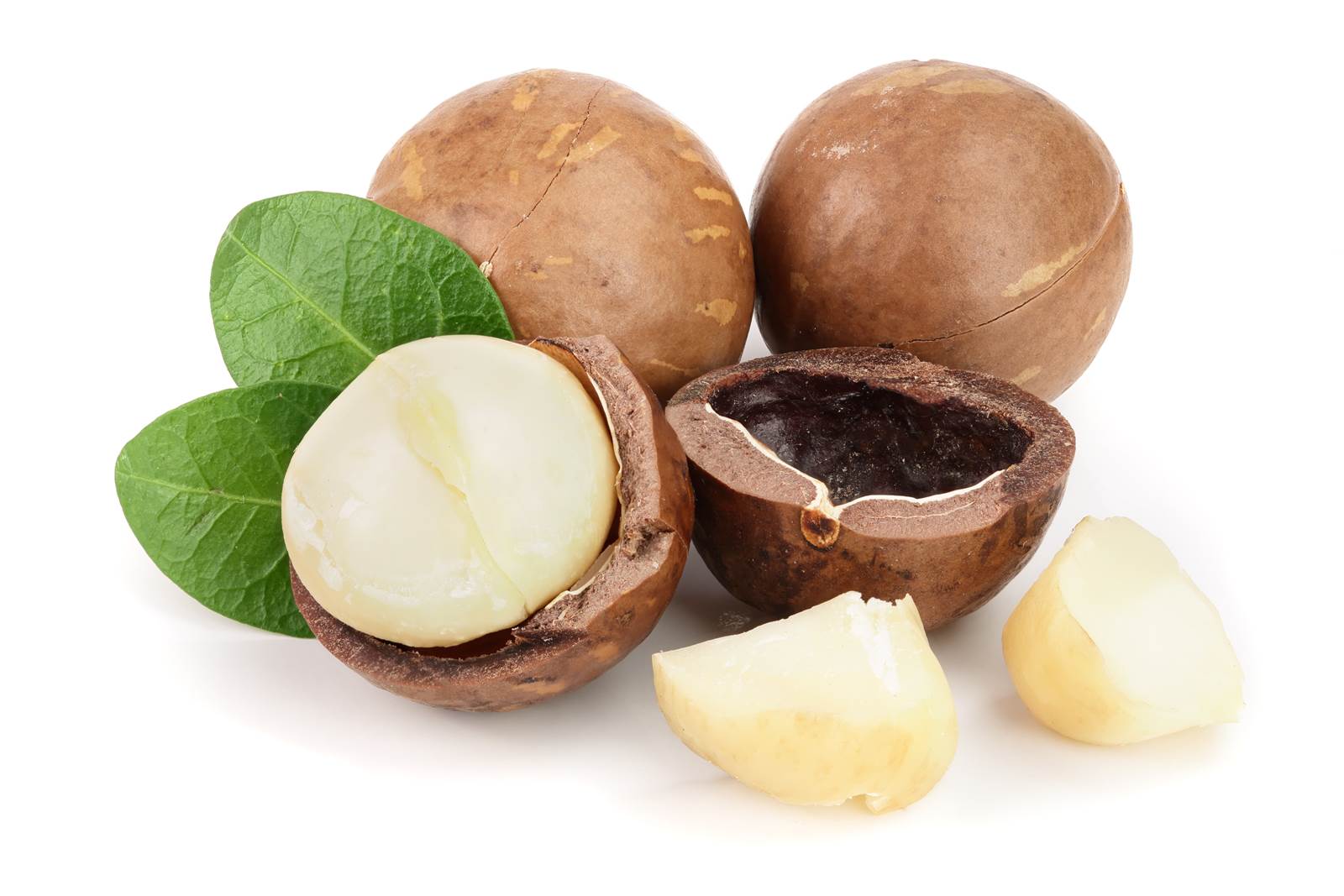
A counter effect that could be a task to reverse!
It's natural to assume the energising benefits of nuts but unfortunately, it has a counter effect on our pets. Macadamia nuts cause weakness in pets that limit their ability to walk. Depression and muscle tremors are added symptoms of the poisoning these nuts can cause. The exact cause of the dog poisoning by macadamia nuts is however unknown.
8. Onions, Garlic, and Chives
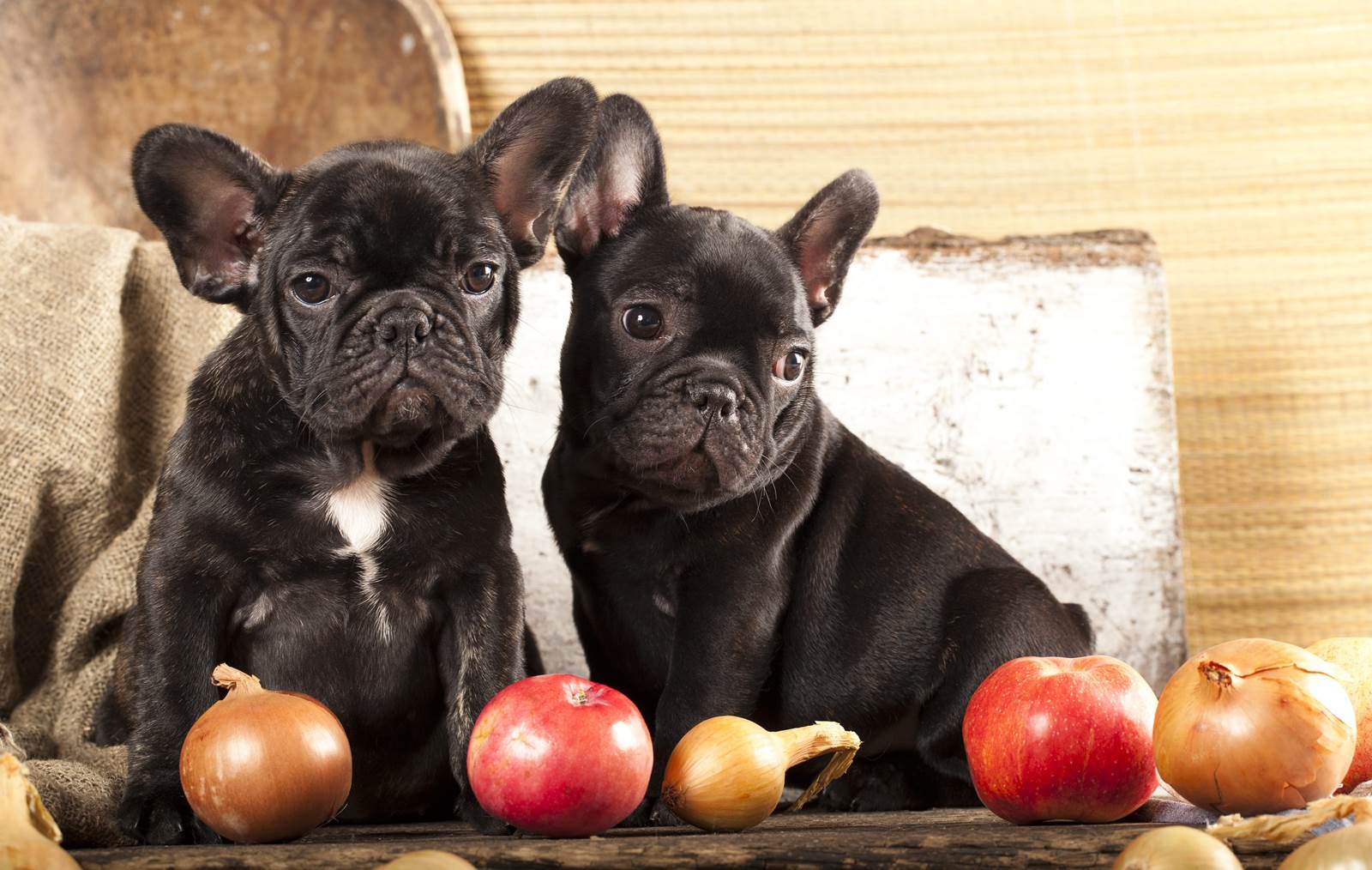
Of bad breath and other fatalities
Belonging to the allium family, onions, garlic and chives must be refrained from feeding your pet. These food items when consumed by pets directly affect their red blood cells with the formation of Heinz-Ehrlich bodies that comprise of denatured haemoglobin. A low blood cell count is the immediate effect on pets causing them to become anaemic. Haemolysis which is the rupture or destruction of red blood cells can be a prolonged effect.
9. Bones
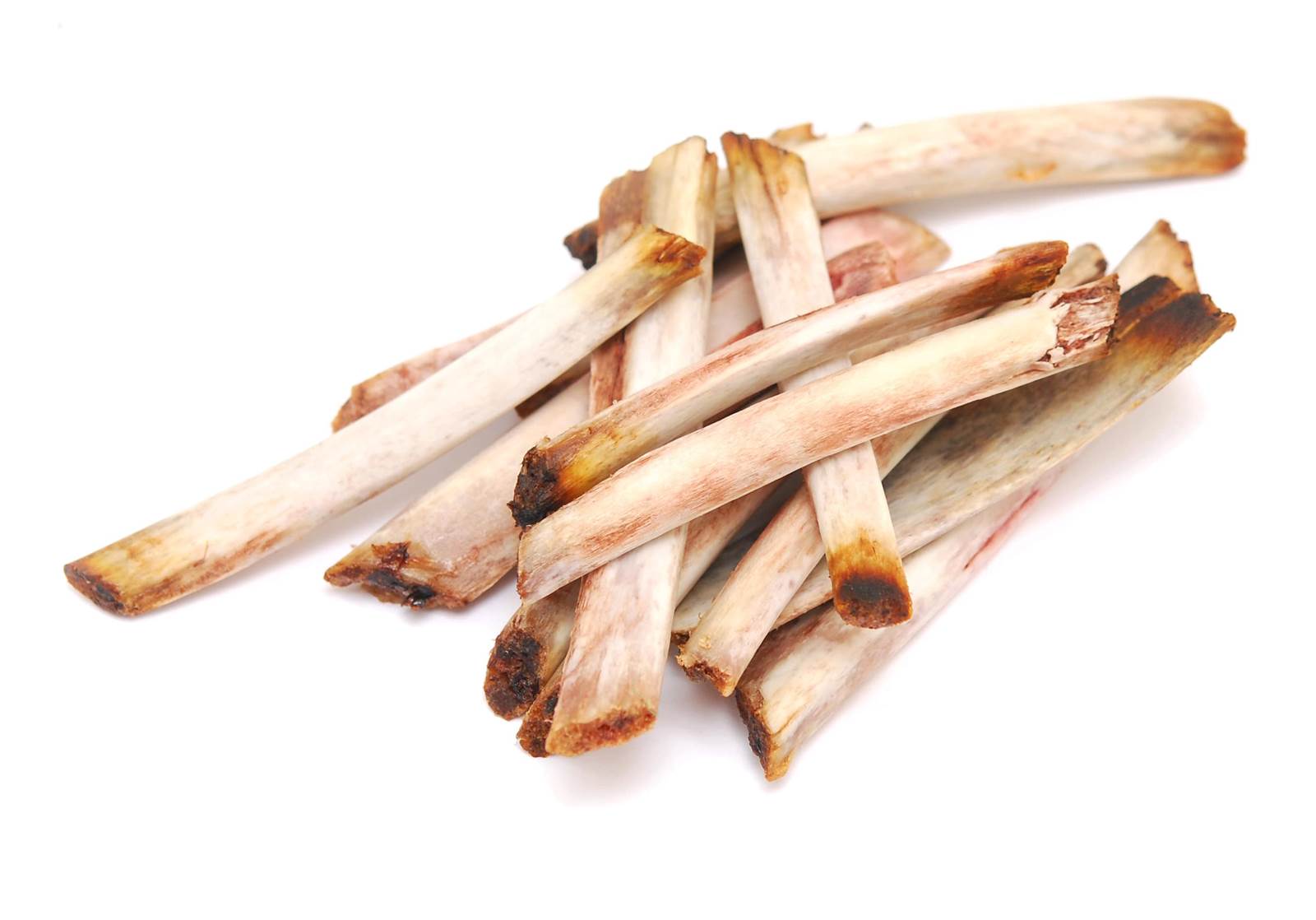
A confounded "treat"
Pet owners generally assume that bones are a treat to their pets and feeding them the leftovers of a meaty meal is a common practice. Bones especially are highly misconceived as a treat. When cooked, they tend to become more brittle than their raw form and can lead to severities like a broken tooth. The severities extend to the fact that when consumed they may splinter internally causing the tear of delicate tissue that causes bleeding and conditions like peritonitis that can only be treated by surgery.
10. Chocolate
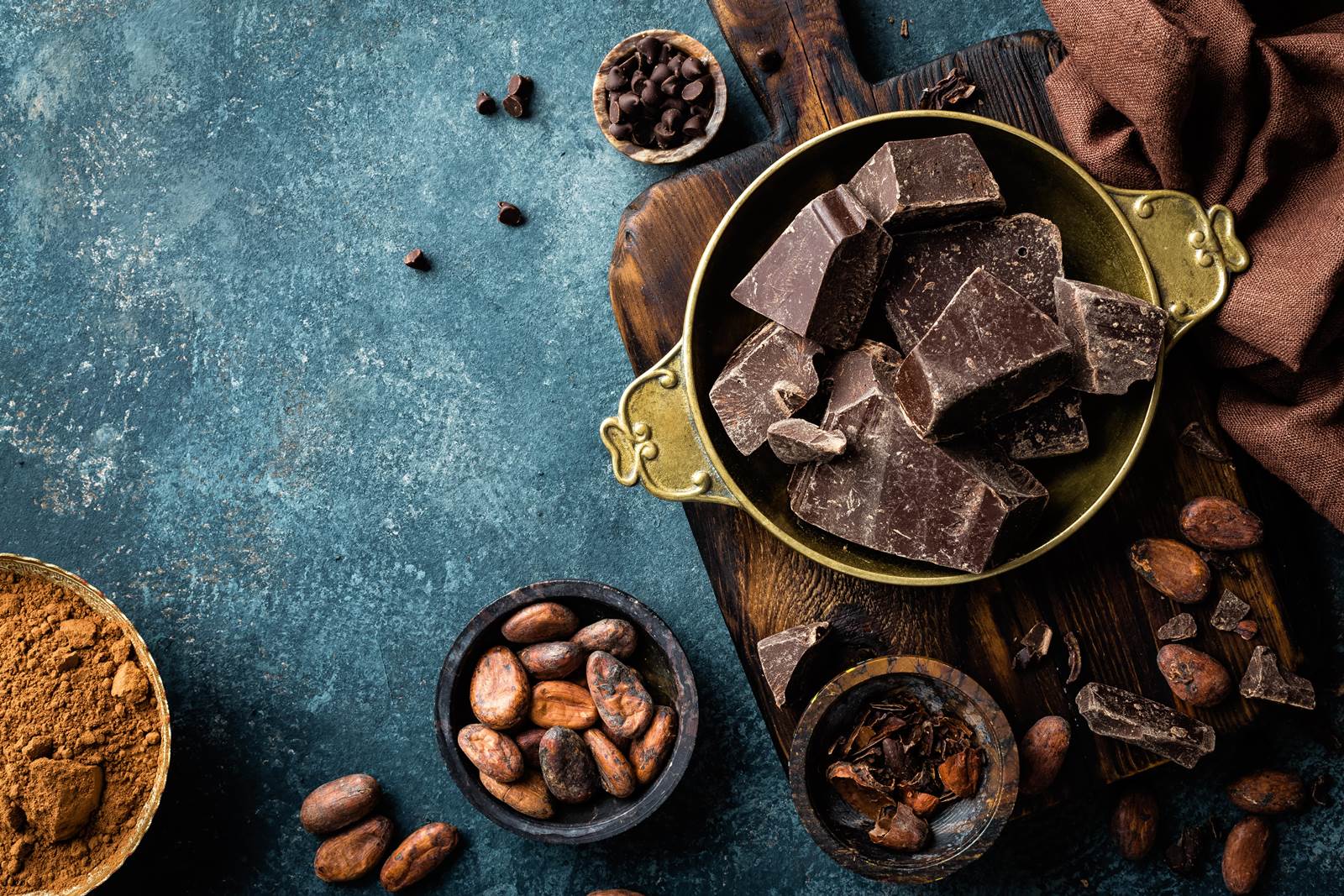
An indulgence for you, distress for your pet
Chocolate, especially baker’s and dark contain a substance called theobromine. And just in case you are considering reaching out for the purest form of chocolate, hold on, it just gets worse; purer the chocolate, the more toxic it is for a pet. Dogs have been noted to be the most common victims of theobromine poisoning. While humans possess the ability to metabolise this substance easily and at a faster rate, dogs take a while to do so. In the meantime, the substance builds up toxically in their system. While the effects are subjective to the dosage, they can range from an upset stomach, internal bleeding to even a heart attack! While the larger dogs can still sustain its effects of grave damage, the smaller dogs do not possess the capacity to sustain endure them, thus causing death.
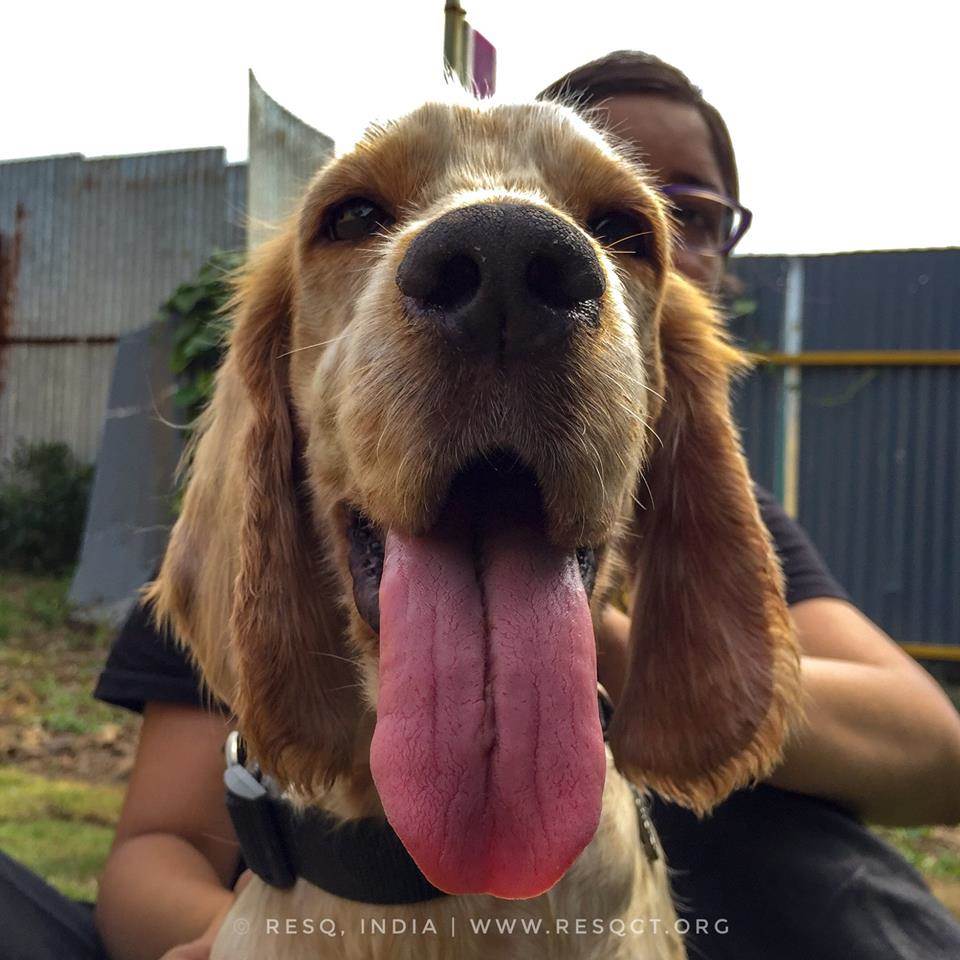
Happy pets are the best pets!
As you take note of this, be at ease for there also is a wide array of safe foods that you can feed your pet with without a second thought. Ultimately, a well-fed stomach is a happy stomach they say and we couldn’t agree more!